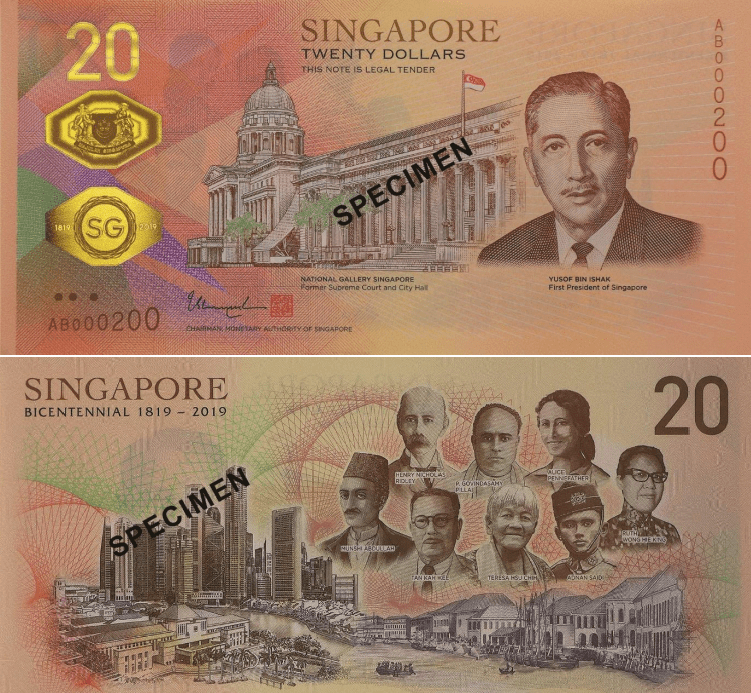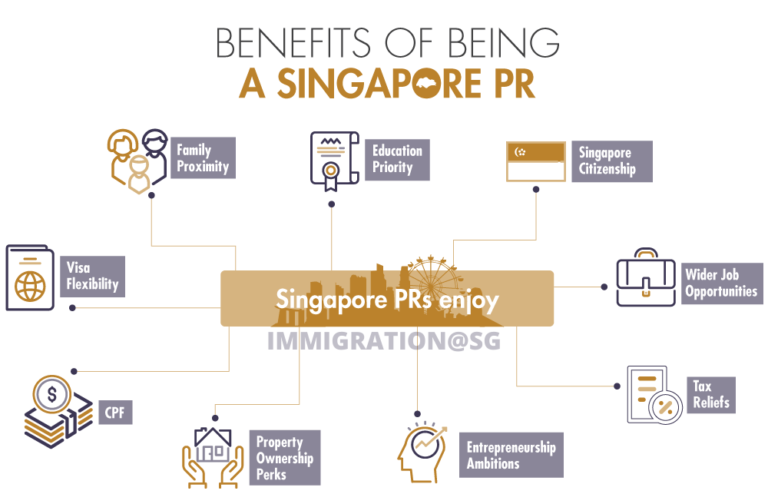On the 1st of October, Singapore was reported to have retained its position as the world’s second most digitally competitive country out of the 63 measured, as determined by the IMD World Digital Competitiveness Ranking.
SG is World’s 2nd Most Digitally Competitive Country
This ranking while new (standing at four years old this year), is extremely imperative to the modern world which has seen an increased demand for digitisation, especially as digital transformation of economies has become a necessity in a Covid-19 world, and as we all transition into a new normal.
In order to measure a country’s digital competitiveness, three yardsticks are utilised – Knowledge, which determines the ability of the country to understand and build new technology; Technology, which determines the ability to develop new technology; and Future-Readiness, which determines the country’s preparedness to exploit digital transformation.
How Has Singapore Managed to Attain Its Rank?
Singapore has come up with various initiatives to be digitally competitive in an increasingly digitized world. These are 5 key projects that Singapore has been invested in thus far:
- Singapore’s SmartNation Initiative: This initiative involves applying technology systematically and extensively, in order to accelerate the process of integrating technology into daily living – this includes having modern classrooms, hospitals and workplaces; rethinking city planning; and embracing the 4th Industrial Revolution of our time, the Digital Revolution.
- GovTech Projects: The various GovTech projects Singapore has been implementing is to shift in-person services into the digital, for greater efficiency and convenience. Projects include e-Payments, National Digital Identity, Smart Nation Sensor Platform, Smart Urban Mobility, and Moments of Life.
- Industry Transformation Map: Singapore will be developing roadmaps for 23 industries to address issues within the industries, drive the digital transformation and development, and improve the partnerships between relevant parties. This billion-dollar program will serve as the path forged to ensure Singapore stays relevant and competitive in a futurised world.
- Research, Innovation & Enterprise: The RIE2020 plan that spanned from 2016 to 2020 invested $19 billion into better optimising innovation and results in key industries that include – Advanced Manufacturing and Engineering (AME); Health and Biomedical Sciences (HBMS); Urban Solutions and Sustainability (USS); and Services and Digital Economy (SDE).
- SMEs Go Digital: This project was implemented to help SMEs digitise in a world that is undergoing a massive digital transformation, to ensure that they do not get left behind. Key industries that have received aid under this plan include the Sea Transport (Bunkering) Industry; Logistics Industry; Training and Adult Education Industry; and Food Services and Retail Industry.
What Does This Mean?
Singapore is currently doing extremely well when it comes to the Knowledge and Technology portion of this measurement. However, we have dropped in our ranking for Future-Readiness. This means that right now, Singapore is not as adaptable or agile in making use of the knowledge and technology that we possess in order to be as digitally competitive as we could be.
A lack of preparedness to exploit digital transformation often points towards gaps in skill and capabilities in driving digital revolutions across sectors and industries successfully and efficiently. In order to counter this, Singapore would need not just skilled workers, but highly experienced digital industry leaders and professionals that are able to not just successfully push digital transformation, but also to maintain it and drive it further.
Skilled manpower would also be needed to groom the workforce, mentor new industry professionals, and to impart necessary skills, knowledge, education and unique perspectives to ensure that Singapore can develop its digital transformation even more.
How Will This Impact Singapore Permanent Resident/Citizenship Applications?
Having been in the industry and equipped with the complexities of all inbound Singapore immigration policies, we can gather that:
- Singapore will invest into being desirable for business professionals and industry leaders that are able to mentor, teach and train, to remain in Singapore.
- We can continue to expect that highly skilled professionals in relevant sectors would be ideal candidates for pass approvals, to keep the necessary talent within Singapore so that the country can further its digital competitiveness.
- We could still be looking at an increase in Permanent Residency and Citizenship quotas, to convert foreign talent into a key part of the local workforce and by extension, the local talent pool.







